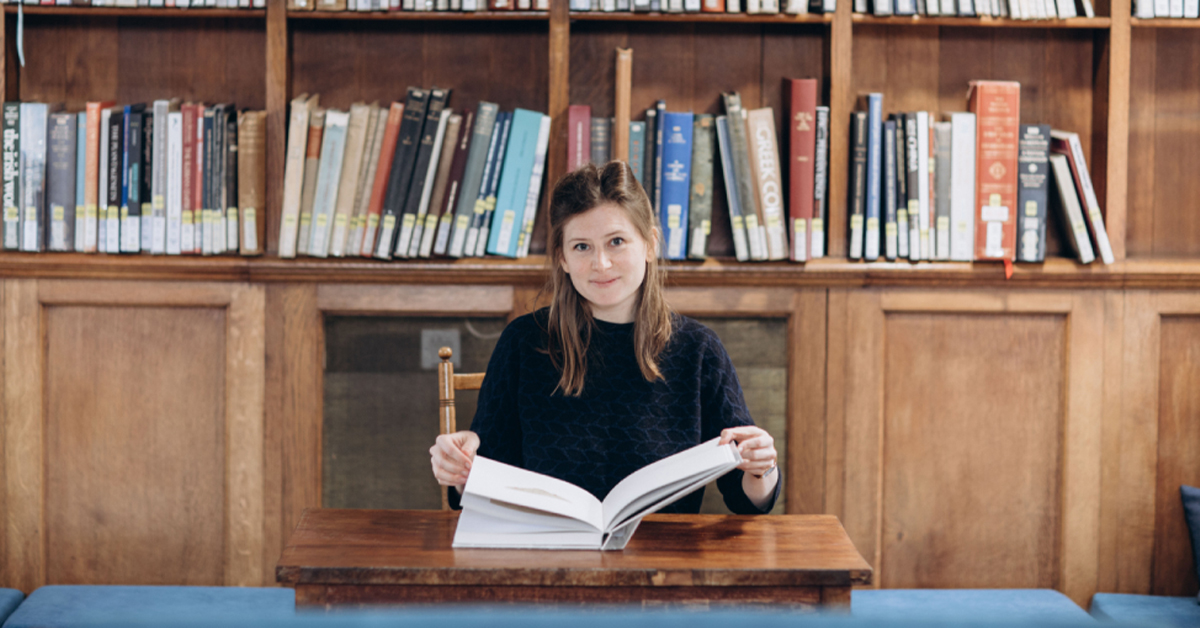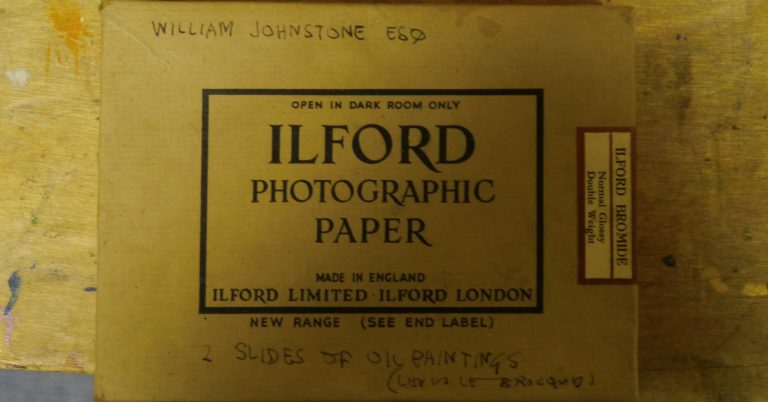
by Eve Lacey
Earlier this year, we shared the exciting news that Eve Lacey won the 2024 Donald G. Davis Article Award for her article, ‘The Role of Halkevi Libraries in the Early Turkish Republic,’ published in the journal, Library & Information History.
Following the success of her win, Eve spoke with EUP about the article and the inspiration behind her research.
Tell us a bit about your article.
My article concentrates on the library branches of the Halkevleri (‘People’s Houses’) that were set up in the early Turkish Republic. The tenure of the Halkevleri (1932–51) spanned most of the single-party period of the early Republic (1923–46) and their work took place during a widespread public education campaign that focused on literacy and healthcare.
Halkevi journals, bibliographies, and instruction manuals reveal the policies that prepared these institutions to develop a readership for government propaganda. I was interested in the strategies these community libraries employed to stretch literacy as far as possible throughout the halk (people), and how they tried to create and conserve a culture that could absorb their readers in a shared project of nation-building.
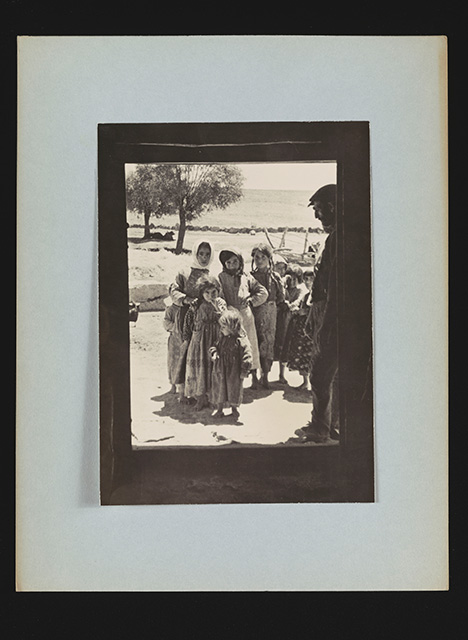
Credit: Reproduced by kind permission of the Skilliter Centre for Ottoman Studies
Research Library & Archives
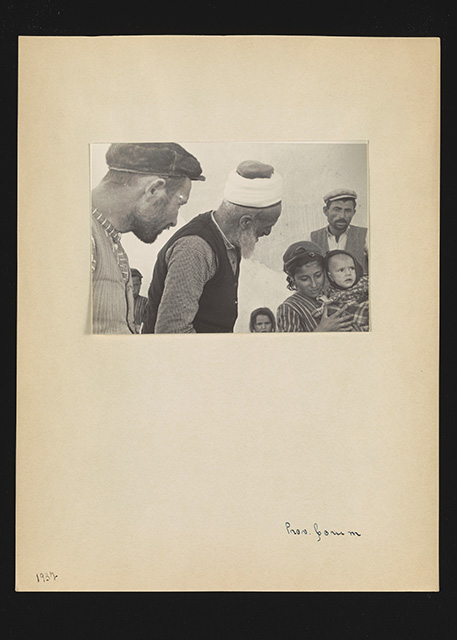
Credit: Reproduced by kind permission of the Skilliter Centre for Ottoman Studies
Research Library & Archives
What inspired you to research this area?
I was inspired by working in the Skilliter Centre for Ottoman Studies Research Library & Archives. This library focuses on Ottoman and Turkish history, with material in more than 20 languages. At least 25% of the library’s holdings represent the only copy of that item held in the UK.
I have learnt Turkish while cataloguing books and sources on early Turkish Republican history. These include the satirical journal Akbaba, and digitised photographs in the Eckstein Albums, which offer unique documentary evidence and insight into Turkish medical history and the engagement of Jewish migrants in Atatürk’s health and social reforms.
What was the most exciting thing about this project for you?
As a librarian, I loved reading the manuals that guided people through the process of setting up local libraries from scratch, and seeing how many elements of their work were similar to those in use today (circulation, collection development, public education, publishing, and archiving). It was exciting to imagine what it must have been like to work with books in a new alphabet, and to help people learn to read in the midst of a major language reform.
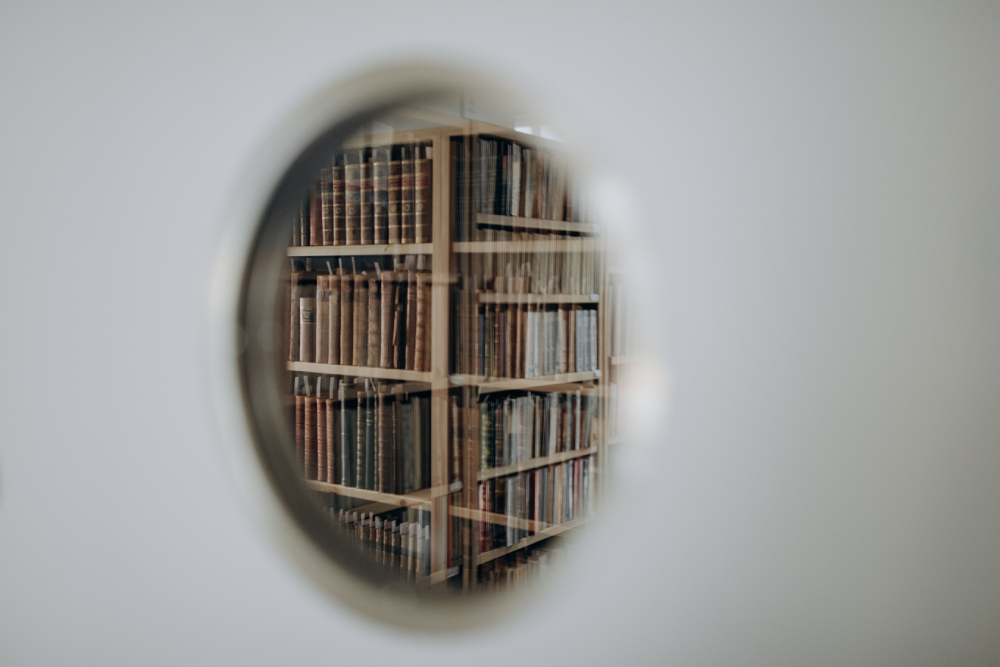
Credit: Dasha Tenditna for Newnham College 2024
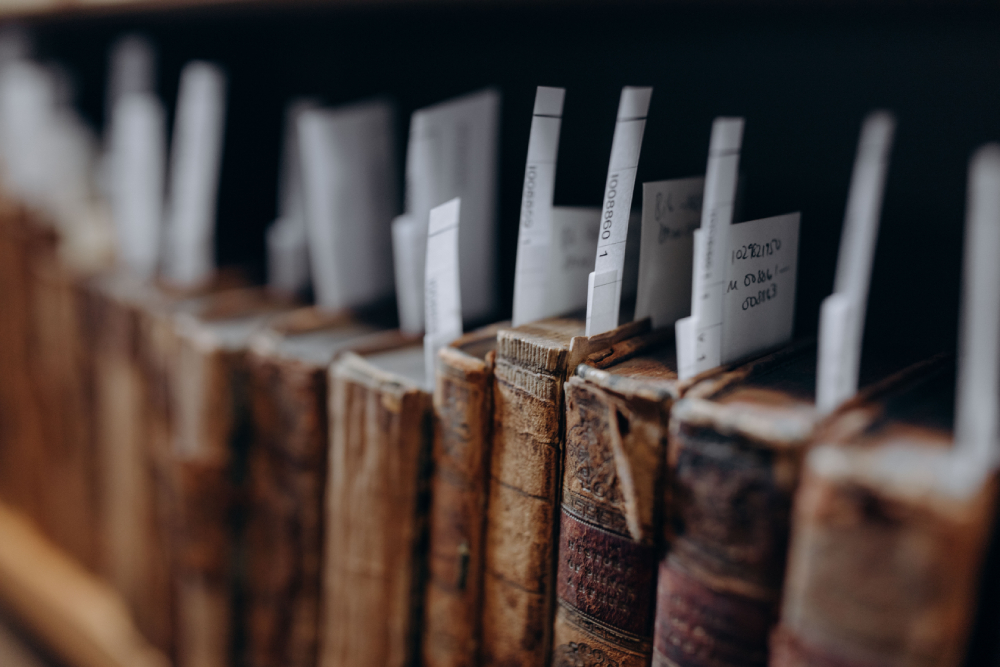
Credit: Dasha Tenditna for Newnham College 2024
Did you get exclusive access to any new or hard-to-find sources?
I used the Skilliter Centre’s collection of regional journals and Halkevi publications like Kaynak (from Balikesir) and Doğuş (from Kars) to understand how government reforms were implemented in different areas of Turkey. I enjoyed the quizzes and word games that were designed to help people puzzle their way through a new language, and lists of suggested surnames for readers to pick from after the Surname Law was passed in 1934.
What’s next for you?
I’m now interested in the only Halkevi to be set up outside of Turkey – the Londra Türk Halkevi in Marylebone, West London. The house was furnished by the British Council and overseen by the Turkish government. It was a space for language learning and gift exchange, and it hosted frequent tea parties for assorted community groups. Unlike the halkevleri that functioned as folk community centres across Anatolia, this Halkevi operated as an extra embassy during World War Two, when all additional diplomacy was welcome.
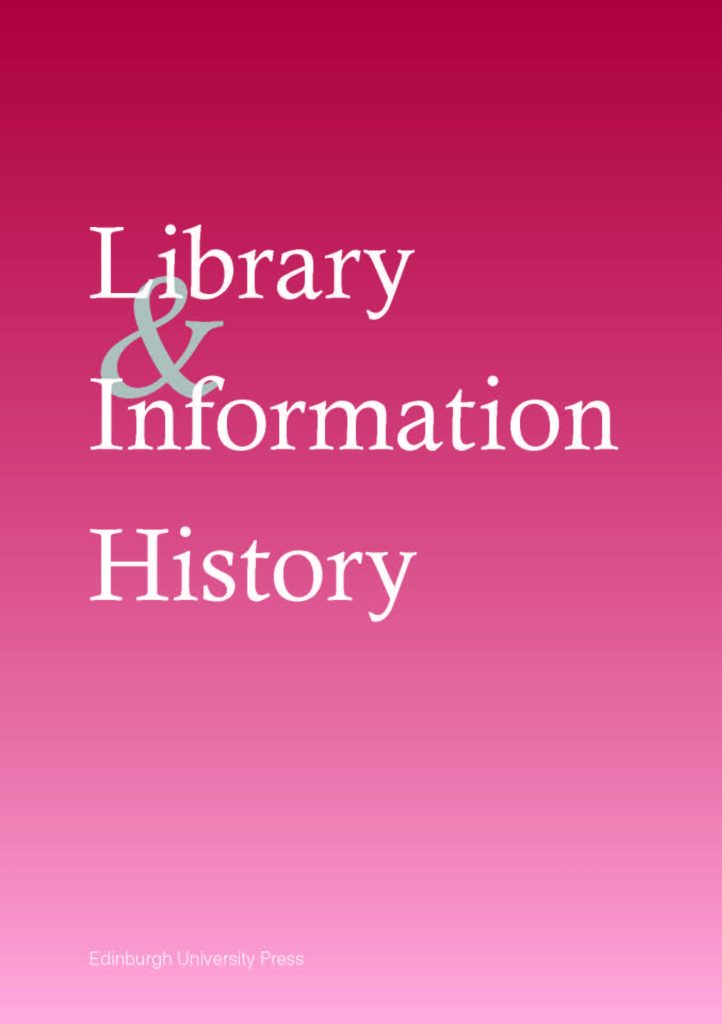
About the journal
Library & Information History is the journal of the Chartered Institute of Library & Information Professionals, and the only British periodical devoted exclusively to the history of libraries and librarianship and to the burgeoning field of information history. The journal publishes works about all subjects and all periods related to the history of libraries and librarianship, and to the history of information.
Sign up for TOC alerts, subscribe to LIH, recommend to your library, and submit an article.
About the author
Eve Lacey is Librarian of Newnham College Library and the Skilliter Centre for Ottoman Studies.
Explore related articles on the EUP Blog
- A Nation Built on Books: The Role of Libraries in Modern Scotland
- The Demolition of Jeddah and the Relocation of a Neighbourhood in Turkey
- Lost Property at the British Museum
- How colonial violence in Tasmania helped build scientists’ reputations and prestigious museum collections


